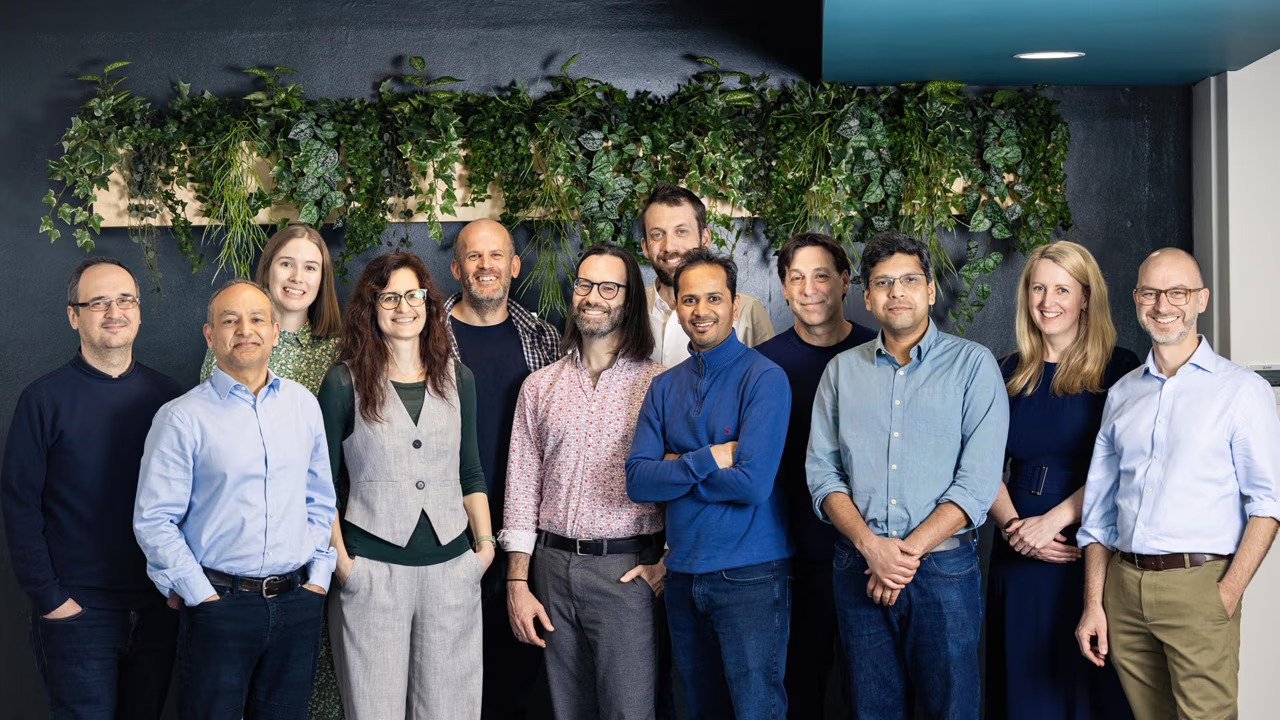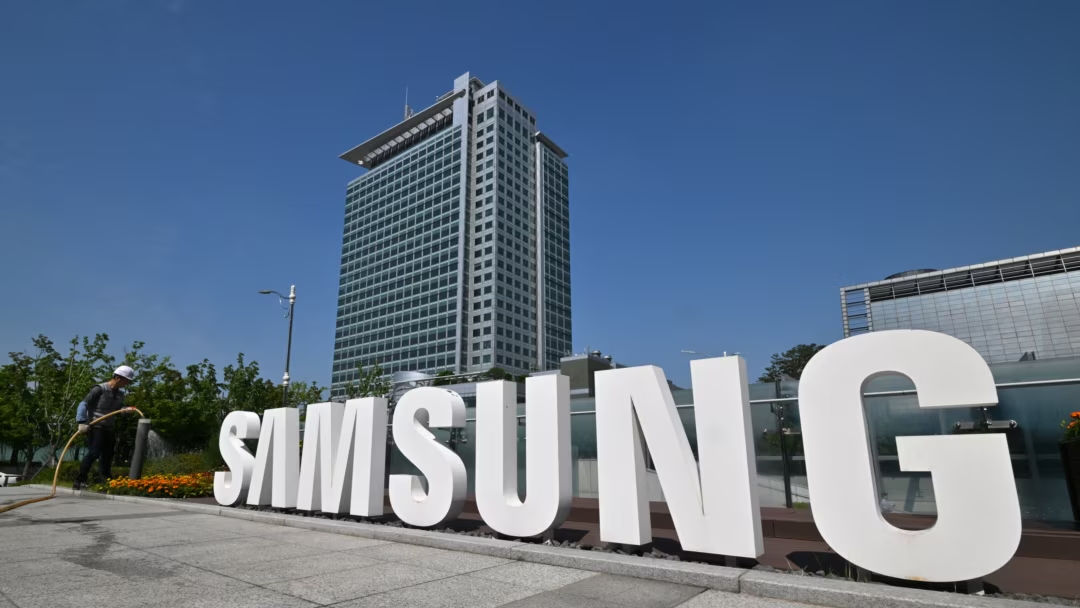Riverlane, a quantum error correction tech firm, raised $75M to expand R&D and operations, driven by rising interest from quantum computing developers aiming to enhance computing power by reducing error rates
Riverlane is confident that it has the solution to this issue. The startup is developing technology that is compatible with processors utilized in quantum computing systems and can detect, anticipate, and rectify the errors produced by quantum bits (also known as qubits).
Steve Brierly, the founder and CEO of Riverlane, stated in an interview conducted at his Cambridge office, “Even five years ago, I would have predicted that only one of these qubit types would function.” “However, what we have observed is that they have all advanced at a rate consistent with Moore’s Law.”
I believe that the necessary components are in place to achieve the first generation of error-corrected quantum computers. And this will be extremely significant because it will be the first time that a quantum computer surpasses the capabilities of any supercomputer.
TechCrunch was informed by sources close to the company that Riverlane, which is headquartered in Cambridge, England, has now been valued at over $400 million as a result of this round.
Additionally, the company has made history by becoming the first quantum computing startup in Europe to raise a Series C. This achievement is particularly noteworthy for a company that is dedicated to pioneering groundbreaking innovations in a cutting-edge field.
This is a signal that the industry is transitioning to more mature, growth funding, following the confidence and commitment that quantum computing specialists have demonstrated. This is despite the fact that they are still working to scale their models.
This round marks the startup’s inaugural investment from a triumvirate of investors who identify themselves as sustainability-oriented. ETF Partners and Singapore’s EDBI are both participating in the Series C, which is being led by Planet First Partners.
Altair, Cambridge Innovation Capital (CIC), Amadeus Capital Partners, and the UK’s National Security Strategic Investment Fund (NSSIF) were among the previous investors.
Quantum computing endeavors are somewhat predicated on a leap of faith, as the concept has been validated solely through smaller-scale endeavors.
Riverlane, which was established by Brierly while he was a research fellow at Cambridge, is an integral component of that continuum. Brierly was conducting research on how to resolve the issue of error rates.
Nevertheless, upon visiting the startup’s offices in Cambridge, it is evident that the activity is progressively transitioning from concept to production.
Before embedding processors into physical systems, the organization has established an operations center that is remotely connected to early quantum computers.
Riverlane concentrates on a product known as Deltaflow, which is a combination of QEC processors, hardware, and software. The company claims that Deltaflow is capable of correcting billions of errors per second.
The company claims that the technology would be a significant improvement over current quantum computing endeavors if implemented in a system today. These efforts are capable of performing a few hundred operations before failing due to error rates.
The concept is that the implementation of error correction technology such as Deltaflow can enhance operations to the extent that they can process millions of operations, and eventually, trillions of operations.
This would subsequently render quantum computers capable of calculating and addressing the most intricate and challenging issues in various fields, including pharmaceuticals, transportation, chemistry, and potentially artificial intelligence (AI).
Despite the fact that the company has over 100 engineers and other specialists (it is currently recruiting more), as well as some customers, its vision remains a vision. In July, the company published a quantum error correction (QEC) roadmap that outlines the products it intends to release in the future.
Riverlane does not disclose its complete clientele; however, it states that it encompasses the Oakridge National Lab in the United States, Alice & Bob, QuEra Computing, Infleqtion, Atlantic Quantum, and Rigetti Computing, as well as the National Quantum Computing Centre (NQCC) in the United Kingdom.
Nathan Medlock, managing partner at Planet First Partners, stated in a statement, “We invest in companies that have the potential to have a transformative impact on society and the environment.”
“We invest in companies with the potential to have a transformative impact on society and the environment,” said Nathan Medlock, managing partner at Planet First Partners, in a statement. “Riverlane’s focus on quantum error correction, coupled with its collaboration with quantum computer makers worldwide, can accelerate the global market and enable new quantum computing applications that can substantially contribute to solving social and environmental issues.”



